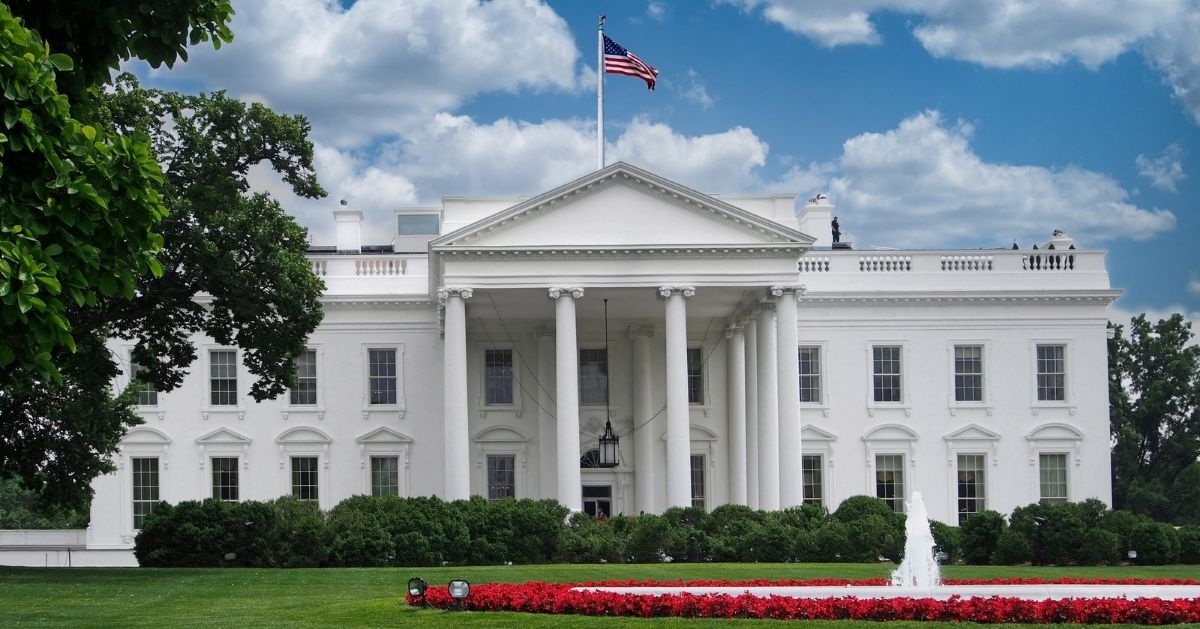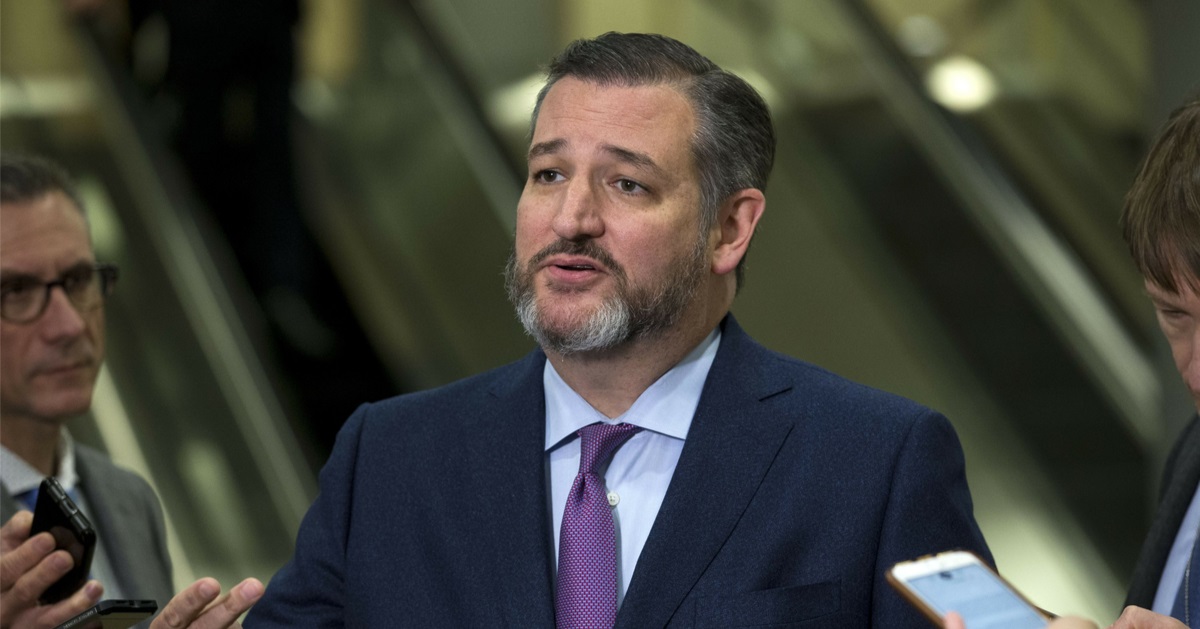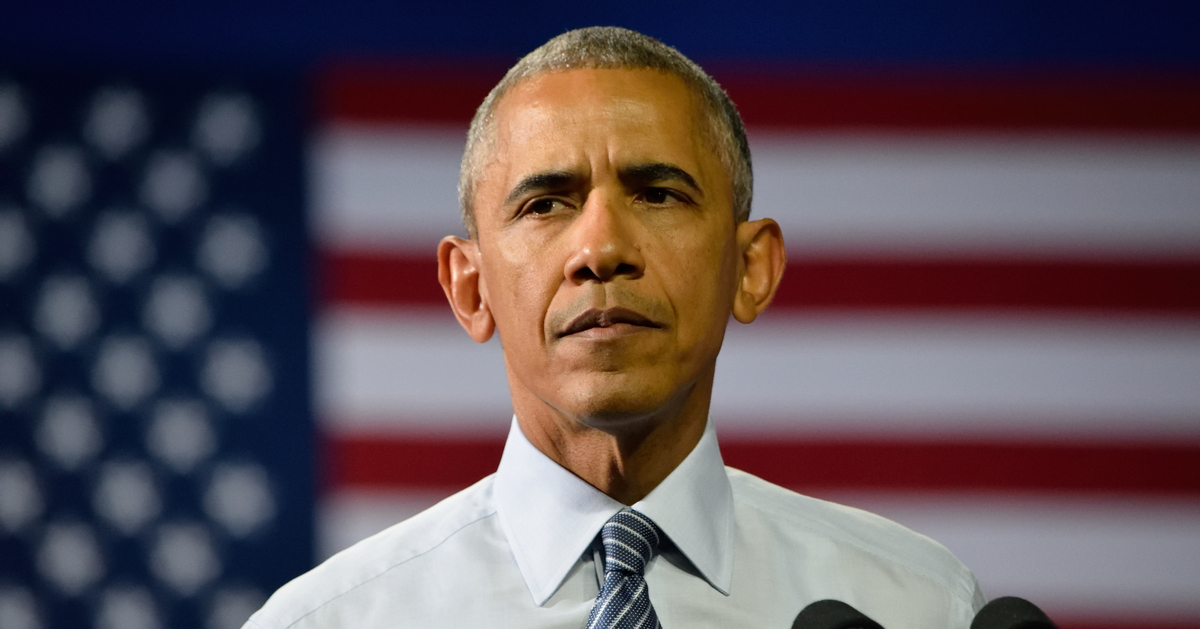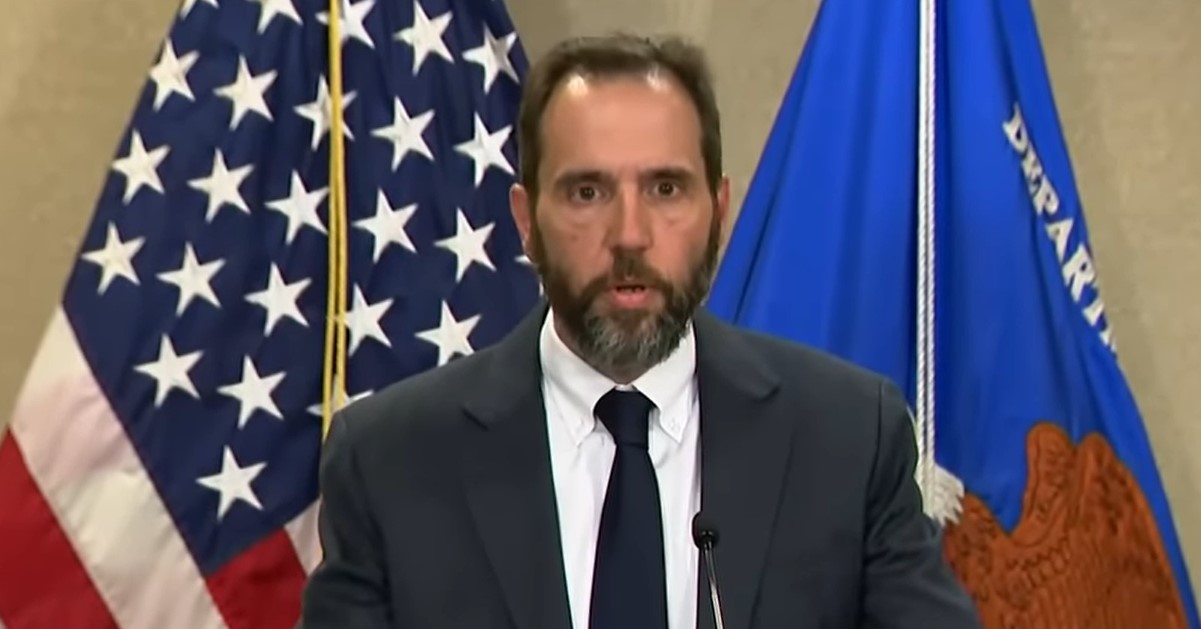D.C. appeals panel 'dragging its feet' on key question regarding Jan. 6 defendant
Couy Griffin, a former New Mexico county commissioner and founder of the Cowboys for Trump group, appealed his 2022 misdemeanor conviction for trespassing on "restricted" grounds during the Jan. 6 Capitol riot of 2021 in the D.C. Circuit Court of Appeals last year but has been waiting for several months for a decision.
Central to Griffin's appeal is the question of whether he "knowingly" trespassed on Capitol grounds that were "restricted" due to the presence of a Secret Service protectee -- in this instance, then-Vice President Mike Pence -- which is a requirement of the federal statute he was charged and convicted under, according to a thread of X posts by legal analyst Julie Kelly.
Kelly observed that the D.C. appellate panel was "dragging its feet" on issuing a ruling despite appearing to favor Griffin's argument that his knowledge, or lack thereof, of then-VP Pence's presence and whereabouts at the U.S. Capitol during the riot was a key factor in his conviction during oral arguments on December 4 last year.
Convicted of trespassing on "restricted" grounds
Per the Justice Department, Griffin was arrested on January 17, 2021, and charged with two crimes -- Entering and Remaining in a Restricted Building as well as Disorderly and Disruptive Conduct in a Restricted Building -- and was held in custody until he was released on bond nearly three weeks later on February 5, 2021.
He was later convicted on June 17, 2022, and sentenced to 14 days in jail -- he'd already served 20 days -- plus community service and fines. According to The National Law Journal on December 4, Griffin was convicted by D.C. District Judge Trevor McFadden on the first charge of entering and remaining in a restricted area following a one-day bench trial but was acquitted by the same judge of the disorderly conduct charge.
At issue in his appeal was the statutory language of 18 U.S.C. § 1752(a)(1), which states: "Whoever -- knowingly enters or remains in any restricted building or grounds without lawful authority to do so" is guilty of federal trespassing.
The statute further defined "restricted building or grounds" as meaning "any posted, cordoned off, or otherwise restricted area" that includes the White House, the vice president's residence, or any "building or grounds" where the president or any other Secret Service protectee may be "temporarily visiting," as well as any "event designated as a special event of national significance."
Appellate judges appeared to favor Griffin during hearing
According to the Journal's coverage, it was noted that Griffin arrived late to the Capitol after the protest had already devolved into a riot, scaled a wall to reach an upper deck, and then used a bullhorn to lead others in prayer and attempted to calm the crowd.
He did not engage in any violence, did not enter the Capitol building, and per his lawyer, he was unaware that barriers and fencing had been torn down or removed by others before his arrival or that the area had been declared restricted.
The judges on the appellate panel seemed receptive to Griffin's argument that he didn't "knowingly" enter and remain in a restricted area, as the statute requires, while federal prosecutors appeared to gloss over that statutory requirement and argue both that foreknowledge of the restricted status wasn't necessary as well as that Griffin and others nonetheless should have known that the area was restricted regardless of any signage or lack thereof.
Judges were "skeptical" of prosecutors' arguments
In Julie Kelly's thread of posts, she wrote, "It is unclear why [the] court is delaying what appeared during oral arguments to be agreement that proving knowledge is an essential element in determining guilt."
"At the very least, the panel seemed inclined to send Griffin's conviction back to Judge McFadden to ascertain Couy's knowledge of Pence's presence. (He was convicted of 1752 after a bench trial,)" she continued.
"The judges were very skeptical about DOJs claims that the crowd should have known the entire area was 'restricted' even though no signage to that effect remained in place after about 1pm," Kelly noted.
She concluded, "Appellate court could be delaying issuing an opinion that again smacks down DOJ and several judges following 2 other opinions recently reversing sentencing-related excesses."






